By: Lola Okolosie.
Today I am climate striking with my pupils. This policy puts the greatest threat to their future at the heart of their learning
It’s no longer possible to deny or ignore: we are in a climate crisis. The truth of the emergency announces itself regularly in our papers, on our phones, tablets and TVs. A headline about the world’s leading scientists declares millions will suffer drought, floods and be plunged into deeper poverty if carbon emissions aren’t halved by 2030 and global heating remains within 1.5C. Another reports that climate breakdown will likely increase the destructive power of storms like Cyclone Idai, which devastated Mozambique, Malawi and Zimbabwe earlier this year – 2 million people were affected by what, according to the UN, may be the southern hemisphere’s worst weather-related disaster. And yet another reveals the destruction of coral reefs while calculating that 1 million species already face extinction. The silver lining, however tarnished, is that now we can do away with the noxious denial that has brought us to the edge of this precipice.
This week the Labour party has announced that it will make the climate crisis a compulsory element of education from primary onwards. It is one example of how our leaders can be proactive in the face of catastrophe. It is the kind of forward thinking that acknowledges the energy young people have brought to our streets. A generation frustrated with umming and ahing from those who really should know better but refuse to accept the woods are burning around them (literally in some cases), have begun to act for themselves. They came to the conclusion that the adults running the show would continue to drag their feet. And who could blame them?
In the same week the UK experienced its hottest ever winter day, only a handful of MPs bothered to attend a Commons debate on climate breakdown, one inspired by the thousands of schoolchildren who had gone on strike to protest about the climate crisis weeks earlier.
Labour’s policy highlights how little credit we have given the young thus far. An emergency that threatens their futures is not as readily taught as the history of the Tudors. In the yawning silence, young people like the Swedish teenager Greta Thunberg, and an estimated 1.4 million students across 150 countries who lead the school strike movement, have created momentum. Their resilience and resourcefulness has made the argument a simple one: human activity is choking our planet. In place of the deep inertia that has lead us here, the young have created an inventive rebellion.
By moving to make study of the climate crisis compulsory, Labour positions itself as a party invested in the young. It is a policy highlighting the empty paternalism of our current government, which assumes children haven’t the right to know the science of how we got here. Or, for that matter, what history and geography can teach about how the most vulnerable countries are those least responsible for our climate breakdown – countries that are disproportionately communities of colour. Why are our maths teachers not encouraged to relate the subject to this very real world problem? Students themselves have already worked out that the 12-year deadline for action is too late for many countries on the frontline of our emergency.
A good education should provide students with the knowledge and skills to navigate a future they will become adults within. By proposing to make the crisis required teaching, Labour acknowledges that silence, thus far, pretends the young are unable to pay attention to the betrayal of their futures.
Today I will be marching with my children as part of the #YouthStrike4Climate. I will be doing so because I know that it is a topic of which they are already aware. Maybe it is snatched references to air pollution, or snippets of dire warnings that arrive via news headlines, but it’s been impossible to shield them from the reality even if I wanted to.
The young across the world, baffled by how to get attention, have chosen to strike in order to prove they have agency. Told for so long by parents and teachers alike to be responsible, they have, like the children in Toni Morrison’s 1993 Nobel prize lecture, turned around to ask: “What could that possibly mean in the catastrophe this world has become?” Going on to demand: “How dare you talk to us of duty when we stand waist-deep in the toxins of your past?” When, invariably, today’s protest will be dismissed as of far less importance than Theresa May’s resignation, it will be another sign that an older political class are simply blind to a catastrophe already with us.
“Each generation must, out of relative obscurity, discover its mission, fulfil it or betray it,” wrote Frantz Fanon, in his seminal work on the trauma of colonisation, The Wretched of the Earth. The irony is that the climate strikes, led by the young, display a conscientious respect for the planet, grounded in the sense of duty and responsibility their elders have been so desperate to abandon.
Source of the article: https://www.theguardian.com/commentisfree/2019/may/24/labour-children-climate-breakdown-striking-pupils
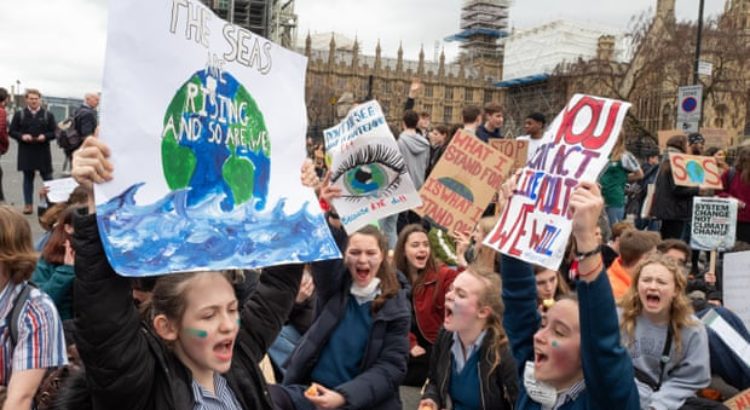

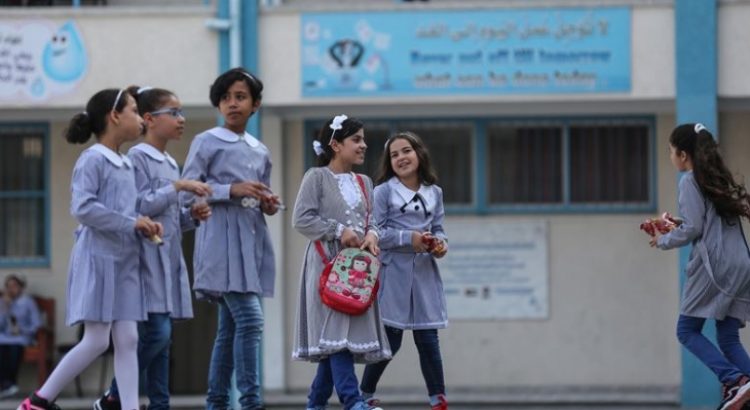


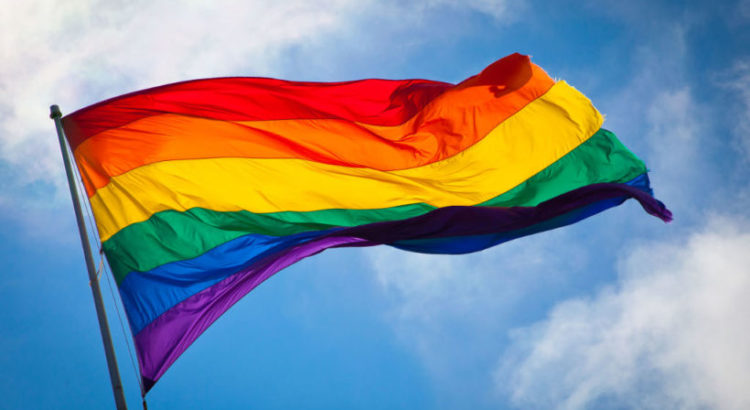
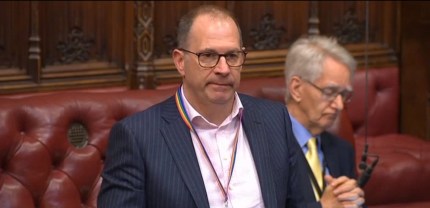 El liberal demócrata Lord Scriven habló en la Cámara de los Lores sobre la posibilidad de suicidarse.
El liberal demócrata Lord Scriven habló en la Cámara de los Lores sobre la posibilidad de suicidarse.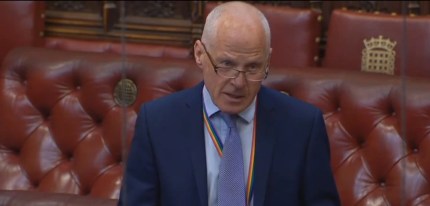 Lord Cashman respondió a una carta homofóbica en la Cámara de los Lores.
Lord Cashman respondió a una carta homofóbica en la Cámara de los Lores.





 Users Today : 37
Users Today : 37 Total Users : 35460420
Total Users : 35460420 Views Today : 76
Views Today : 76 Total views : 3419239
Total views : 3419239